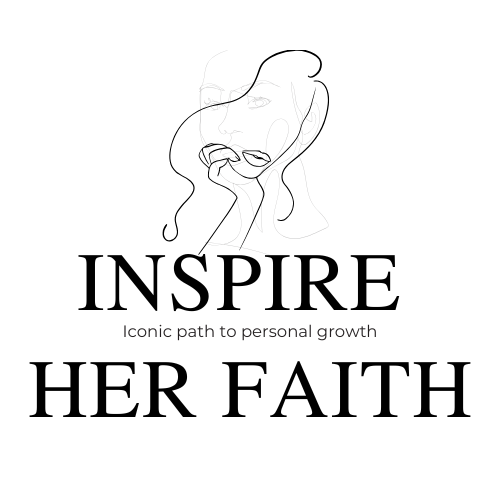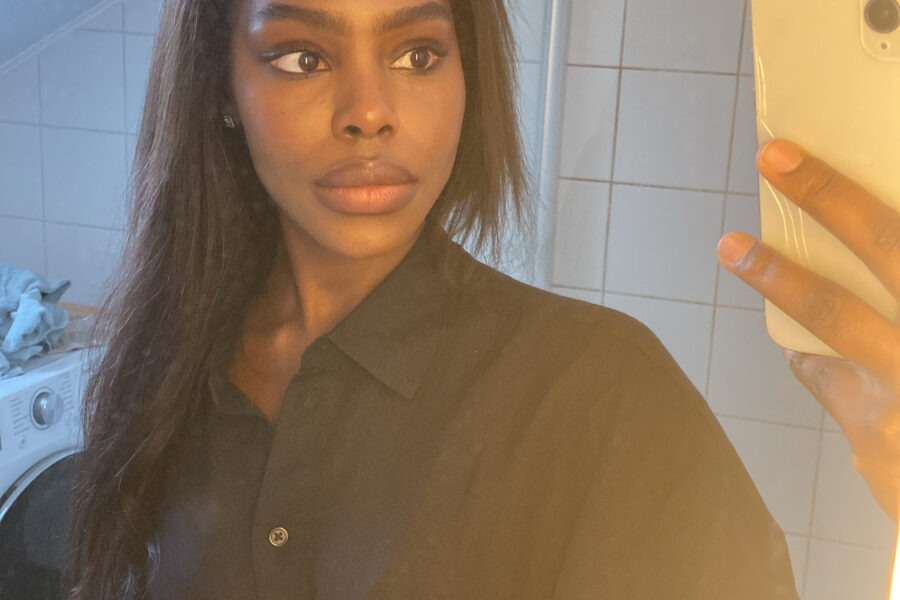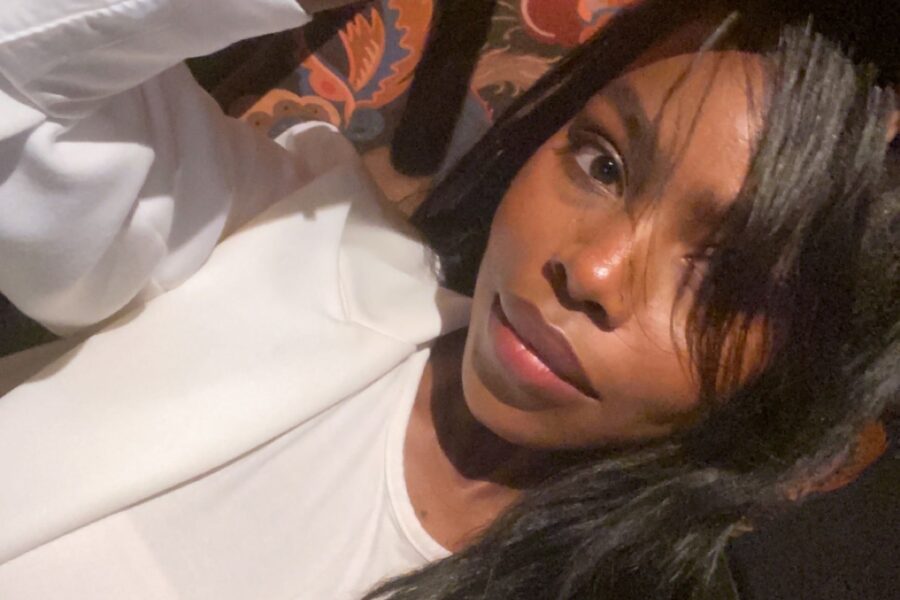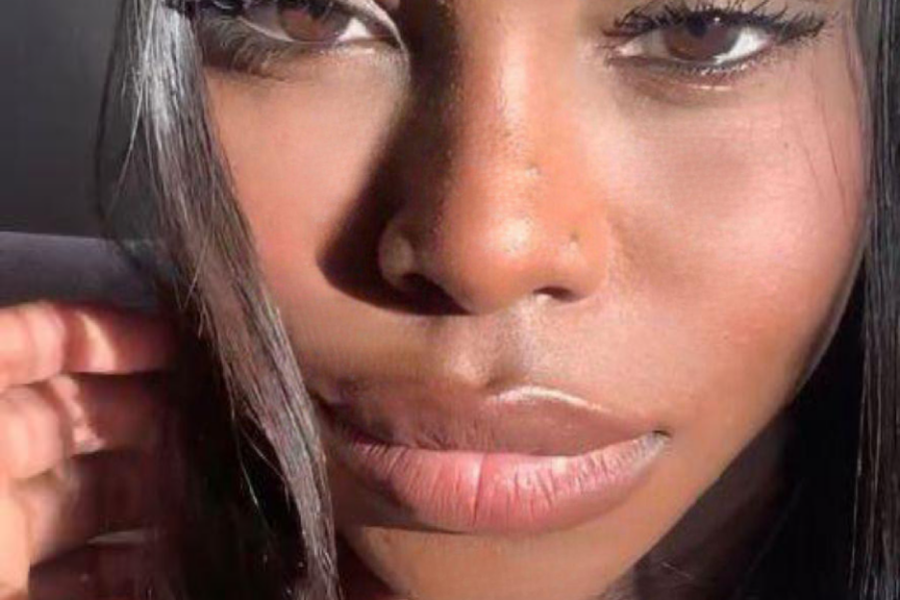I have sacrificed a few things to get closer to Allah. Among these are revealing clothing and acrylic nails (so that my Salah can be accepted In sha Allah), how I used to date a few years ago, avoiding Zina and Adultery.
I have chosen to distance myself from anything that alters the natural beauty Allah has bestowed upon me. This commitment is part of my dedication to Islamic modesty and living a Muslim lifestyle that aligns with my faith.
While I refrain from commenting on others’ choices, I believe that altering oneself, unless medically necessary, goes against our creation’s divine intent. I often wonder how we will account for our sins on Judgement Day.
Allah is the most merciful, but I believe we should always strive to leave Haram and become better people for the sake of Allah (SWT). This journey is about more than just personal growth in Islam; it is about aligning my actions with my faith and the values I hold dear.
It is acceptable to beautify oneself for one’s spouse or personal satisfaction. When I was married, my spouse encouraged me to display my body and other private aspects publicly, which I tried to keep exclusive between us.
His acceptance of such exposure led to a loss of respect, as he seemed indifferent to modesty. This made me question his values and increased my own discomfort. This experience was a stark contrast to the Islamic values in marriage that I hold dear.
As a 22-year-old newlywed, I struggled with these issues, especially since, in my teenage years and early twenties, I had been reckless with my posts. Some were quite revealing and provocative, actions I now find embarrassing.
My growth in understanding modesty and self-respect truly began after marriage. I was perplexed by my husband’s encouragement to share nudity online, particularly as a Muslim woman. It seemed he valued the ego boost from my exposure more than respecting my feelings and boundaries. My journey towards faith and modesty in Islam taught me the importance of respecting divine intent and embracing Islamic self-respect.
This journey has taught me the importance of aligning my actions with my faith and the values I hold dear, focusing on avoiding Haram and living a life that reflects the spiritual journey in Islam. As I look back, I realize the significance of Islamic modesty and how it has helped me become a better person for the sake of Allah (SWT).
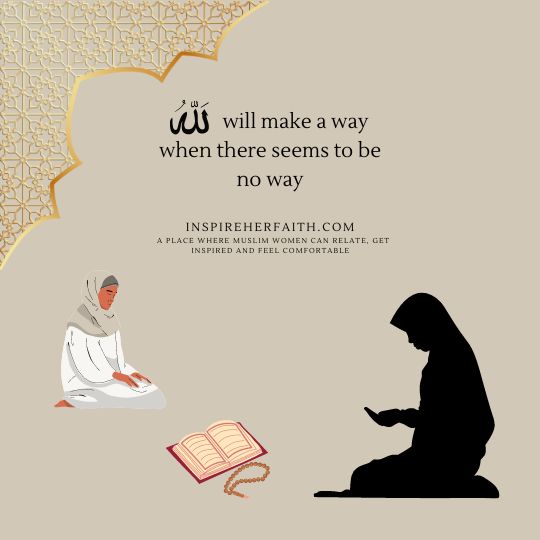
Healing and Growth after divorce
In today’s society, men and women often struggle to get along. There is a pervasive presence of misogyny and man-hate, the latter of which I have been part of myself. We blame and slander each other on social media, creating a breeding ground for mutual hatred.
Recently, I realized that we need to change and let go of the hurt and pain we hold onto. It is okay to feel the emotions that brought us here, but we must release them. Holding grudges only leads to further destruction of ourselves and each other. Victim mentality should be replaced with accountability.
When you know you’re not in the wrong, it may seem irrelevant, but everyone must contribute to change, even if you don’t see yourself as part of the problem. In fact, those with experience have a crucial role in sharing their knowledge. Share your insights from an educational standpoint without appearing boastful. Educational articles and self-help books have become favorites of mine.
A few years ago, I would have laughed at the idea of enjoying such books, but now they have helped me mature and learn valuable life lessons. I am grateful for the wisdom and knowledge Allah has given me, which I often request in my prayers and Dua.
Little by little, Allah has granted my wishes, helping me navigate life beautifully, even during challenging times. This journey has taught me the importance of Islamic guidance and the power of faith in overcoming life’s hurdles.
Du´á of any illness
O Lord of the people, remove this pain and cure it, You are the one who cures and there is no one besides You who can cure, grant such a cure that no illness remains
Healing is essential to let go. Healing is essential for you own mental health state. Healing will save you from your traumas. Healing will protect you against evil.
When we start dating new people after a failed relationship, we often carry the trauma caused by someone else. It’s inevitable to encounter similar people in different circumstances.
When this happens, it is up to us to handle the situation differently than before. Since my divorce, I have struggled with this, realizing the importance of entering a new relationship with a fresh perspective.
Try to give the next person a chance before assuming you hate men because of past experiences. The next person you are with is not your ex. Treating them based on a toxic past relationship is unfair. That person might be what you were looking for initially.
They might seem similar to your ex at first, but it could be because you are accustomed to such treatment. People change, and there is always room for second chances. If he is not right for you, end it without causing unnecessary damage.
Be generous with your kindness and compassion. However, be aware that some men and women are toxic, abusive, and harmful to others’ mental health. Stay away from such individuals. Seek refuge in Allah (SWT) and lean on trusted people to get out of harmful situations.
Trust your instincts, that calm voice (not the loud as that is intrusive thoughts which we should not listen to) and I pray none of you face such challenges, knowing how hard it is to escape them. Fostering mental health awareness and emotional healing is crucial for a healthy relationship and personal well-being.
Navigating Post-Divorce Life: Healing, Faith, and Halal Relationships
Dating in today’s society is far from easy. Since my separation and divorce, I have been on and off dating apps, experiencing a roller coaster of emotions. Navigating post-divorce life with faith has been everything but easy.
I now realize I joined the apps too soon after my separation, leading me to unfairly judge most of the men I interacted with. They were not responsible for what I had endured, and it was unfair to them.
I remember downloading an exclusive dating app just two months after leaving my ex-spouse. At that time, I was a mess and had no business being on those apps. Part of me wanted to escape the funk I was in and needed distractions from my feelings and thoughts.
My breakup was dramatic and mentally draining. I lived with my ex-husband in the United States, and leaving was challenging because he wouldn’t accept the end of our relationship. So much so that he thought I just needed a break from Los Angeles the day of my departure, not the marriage itself. So, I left a note with my wedding band. The relationship drove me to a very unhealthy place, even to the point of suicidal thoughts.
I had no one to confide in about the turmoil, but Allah (SWT) intervened. My ex-husband ended up calling my brother, even though I was desperate to keep our issues private. From the outside, we appeared strong and healthy, but deep down, all I wanted was happiness, which seemed only achievable by leaving.
It’s said that bad men are for bad women, and bad women are for bad men, and that there is no in-between, and we must strive to become good people to be deserving of a good partner in Allah’s eyes.
Is it however true that good men only attracts good women, and bad men only attracts bad women? This is how I like to look at this point of view: When a relationship begins with pure intentions and is halal, Allah will bless it with love and prosperity.
Such a relationship will be enjoyable long-term and can even lead to reunion in Jannah if both partners are pleased with each other. I believe that there is a gray area highlighting our good and bad sides, as humans can be good and bad without generalising an entire gender.
True love is not hard to obtain once Allah grants it. We must be careful and cautious when seeking romantic relationships, leading with kindness and compassion. There is enough love for everyone, but we need to show it more often and genuinely accept who we are. There are no shortcuts to finding true love, but it will be endless once we break down our walls and start healing.
Mankind there has come to you a guidance from your Lord and a healing for (the diseases) in your hearts, and for those who believe a guidance and a mercy.
(Yunus, 10:57)
Intentions are crucial in Islam. Without intention, there is no true action. Everything we do has an intention, either good or bad. In Islam, if you intend to do a good deed but haven’t acted upon it yet, Allah will still reward you for the intention.
When you act upon the good deed with a pure intention, you will be rewarded multiple times. This shows how merciful our Rabb (SWT) is. Imagine starting a romantic relationship with good intentions and doing it in a halal manner. We must strive to do better. There is a great learning curve, and we can all find true love if we strive for it.
To strive for a good marriage, you must start with yourself. Work on enabling emotions you have suppressed and dealing with your childhood traumas, either through therapy or other practices that suit you. Dating while still hurting is pointless, as it wastes energy and time. Until you are free from your suppressed traumas and mental health issues, you will remain a slave to society.
As we move on, I want to inform you that I write based on my own experiences. What I learned through my marriage and am now sharing bit by bit is my side of the story. I am not in contact with my ex-husband and have not discussed these topics with him before posting, but this is my side, and I am entitled to share it as I please. I will, however, be respectful and will not share details that could reveal his identity on my blog.
Living in Los Angeles: Balancing independence and partnership in marriage
Living in Los Angeles brought diverse experiences to my marriage, mixing opportunities with challenges. The city was vibrant, but living with a partner I wanted to leave in my early twenties was tough.
Despite this, I valued the chance to immerse myself in a new culture, make meaningful connections, explore the country, and enjoy life’s experiences. Appreciating our comfortable lifestyle but also dealing with moments of financial control and abuse. This could later potentially cause conflicts.
My ex-partner often controlled me financially by not allowing me to work and not meeting my needs. Whenever I tried to become independent through work, he resisted. Even when I looked for remote jobs, he stopped me, saying he wanted me close. This contradiction confused and frustrated me, especially when he sabotaged my job interviews.
Coming from a cultural and religious background, I struggled with conflicting expectations. Tradition emphasized obedience to spouses, but I realized this should be for partners who show healthy masculinity and good leadership, not dominance driven by ego and insecurity.
I believe a true partnership requires emotional healing and spiritual alignment. Unfortunately, modern views of religion often lack depth, despite many resources like social media. It’s crucial to engage critically with information. However, our preference for convenience makes us avoid in-depth content, missing the transformative power of deep learning.
Instead of mindless scrolling, embracing activities like reading leads to growth and self-discovery. By fostering introspection and discernment, we strengthen our resilience and better navigate relationships and personal development.
From Heartbreak to Healing: True love and happiness through Islamic teachings
My journey through marriage, divorce, and self-discovery has been a challenging yet enlightening experience. Living in Los Angeles with my ex-spouse presented its own set of struggles, especially dealing with financial and emotional abuse. Despite these challenges, I am grateful for the opportunity to have lived abroad, experienced new cultures, and met incredible people.
Reflecting on my past, I realize the importance of healing and self-growth. Jumping into dating too soon after my separation was a mistake that taught me valuable lessons about fairness and emotional readiness.
I believe It is crucial to work on oneself, addressing childhood traumas and mental health issues, before seeking new relationships. We cannot aim for the ultimate romantic relationship without having put in the work on ourselves. Sadly, it does not work like that. True love and happiness come from within and are blessed by Allah when approached with pure intentions.
In sharing my story, I aim to highlight the significance of intentions in Islam and the need for genuine compassion and kindness in relationships. It’s vital to strive for personal improvement, educate ourselves about our faith, and maintain a healthy balance between independence and partnership.
Ultimately, this journey has taught me that healing is essential, and personal growth is a continuous process. By embracing who we are and striving to be better, we can find true love and happiness, guided by faith and self-awareness.
Suggested reading: How I Rediscovered and Embraced My Islamic Faith: A Personal Journey
